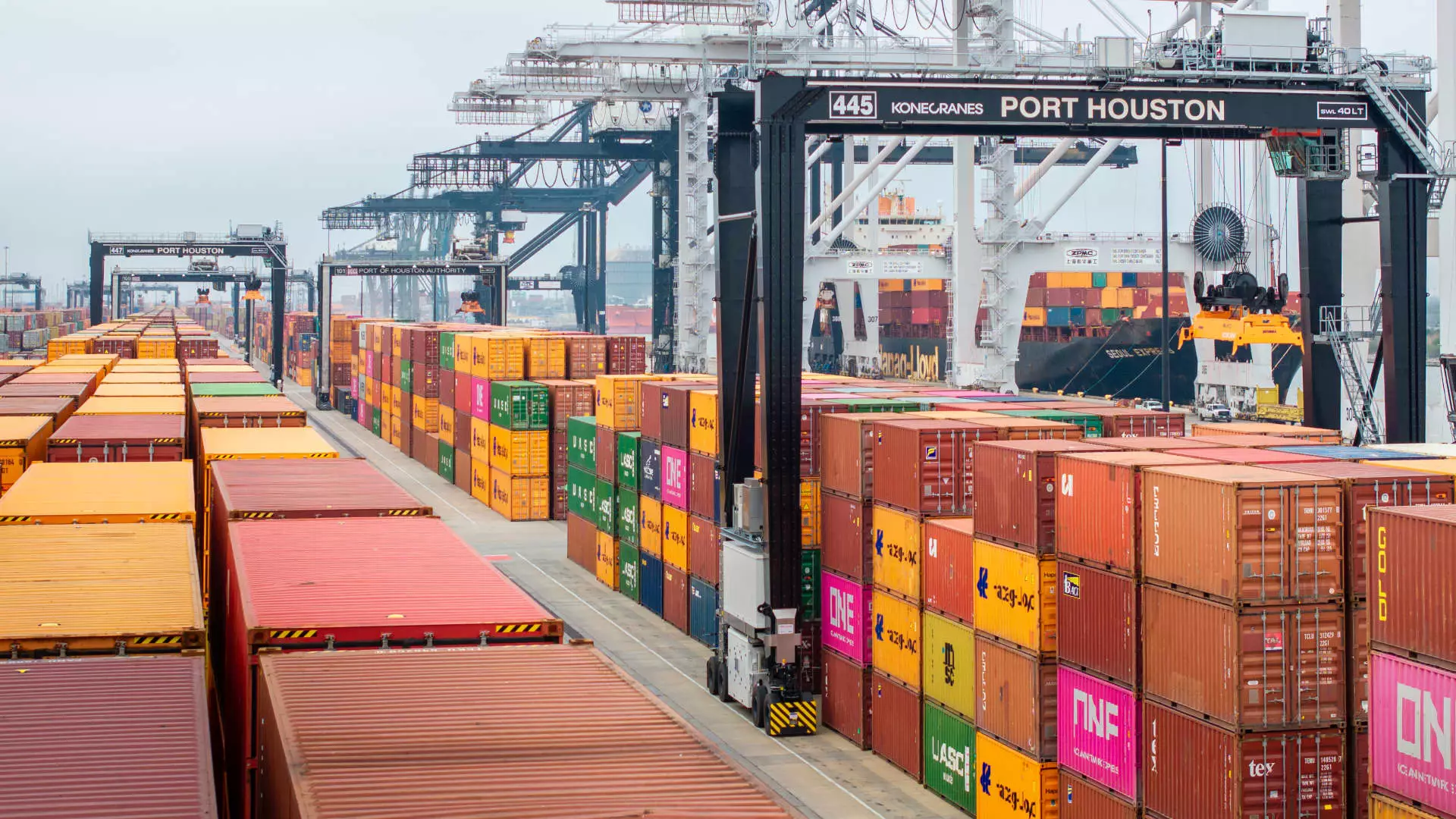In an unpredictable geopolitical landscape, where tariffs loom large and government policy fluctuates erratically, the wealthy elite’s investment strategies are undergoing a transformation. The recent turbulence in the financial markets, highlighted by a notable 1.3% dip in the S&P 500, underscores an urgent trend: high-net-worth investors are growing increasingly cautious. This caution appears to stem from the heightened anxiety about tariff impositions on key trading partners like Mexico, Canada, and China, and their consequential impacts on investment confidence and consumer sentiment.
The innate desire for stability drives many family offices and ultra-wealthy investors to adopt a defensive posture. Rather than making aggressive moves in the volatile market, these investors are opting to prioritize liquidity and diversification—principles that many would argue run counter to the supposed agility of wealth. By taking a step back, they reflect a growing wariness not just of the current market conditions, but also of future macroeconomic developments. The phrase “wait and see” has become a mantra for many, as clarity regarding policy direction remains elusive.
The Psychological Impact of Tariffs on Investment Decision-Making
Amidst swirling concerns regarding bear markets and the safety of investments, the psychology of the ultra-wealthy plays a substantial role in decision-making. Family offices remain reticent, showing no signs of panic-selling but rather exhibiting a profound uncertainty about the immediate future. This behavioral trend is not only reflective of a shifting market climate but also highlights the intricate relationship between political insights and investment strategies. For many high-net-worth individuals, politics is no longer a distant concern but a visceral influence on their financial well-being.
Investment leaders from firms like Deutsche Bank and UBS have noted a clear divide in their clientele’s response to tariffs, revealing that political ideologies influence not only attitudes towards policy but also investment decisions. This divergence in sentiment serves as a compelling reminder that wealth does not equate to a uniform outlook; instead, it embodies a tapestry of fears, aspirations, and uniquely held convictions.
Long-Term Orientation vs. Short-Term Dynamics
Interestingly, many ultra-wealthy investors seem to be embracing a long-term perspective even as short-term volatility tears through the market. Observations from investment communities, particularly those representing centimillionaires, indicate that these affluent individuals are restructuring their portfolios to brace for turbulent times without losing sight of overarching, decade-long visions for their wealth. While some may consider this approach adventurous, others might deem it reckless given the immediate pressures from market fluctuations.
Charlie Garcia, a notable figure within the investment space, notes how his clients, despite facing immediate economic challenges, remain focused on long-term growth strategies—culminating in a mindset that sees portfolio recalibration as part of a broader navigational strategy through uncertainty. By reallocating funds toward more resilient sectors, such as American steel and aluminum producers, wealthy investors are employing a tactic that balances current tumult with future promise.
Regional Disparities: The Impact of Tariffs on Various Industries
The fallout from these tariff policies particularly affects those with strong ties to specific industries or regions, especially clients whose businesses operate in Central and South America. Many investors are experiencing a crisis of confidence, introspecting on how political maneuvers could drastically alter trade dynamics. For instance, households heavily invested in goods and services linked to Latin American markets find themselves in precarious position—torn between established business relationships and the unpredictability of new tariffs.
Elliot Dornbusch, a voice of insight in this discussion, highlights a critical observation: while the makeup of portfolio allocations might remain stable, the psychological weight of future uncertainties can become burdensome. It speaks not just to economic considerations but broader existential dilemmas surrounding wealth management that wealthy investors must navigate.
The complexities of responding to erratic political actions call for a nuanced analysis of investment strategies. Family offices and their advisors might find themselves needing to balance their prudence and ambition, fostering a deeper reliance on diversified portfolios and a heightened focus on liquidity in the coming uncertain times. The question remains—when will clarity break through the fog of uncertainty, or will we remain in a drawn-out game of economic chicken?

